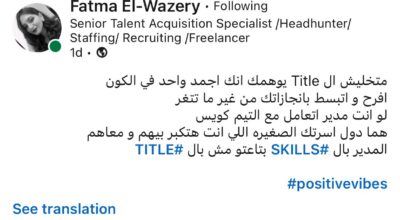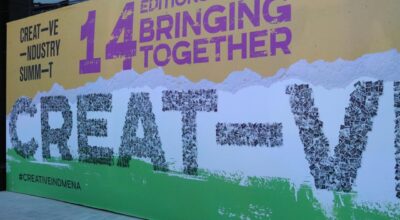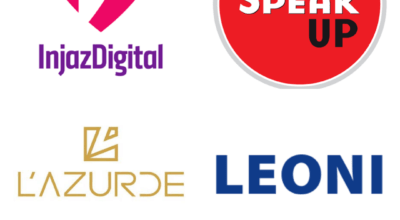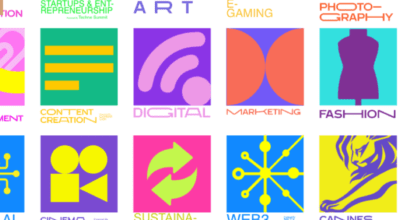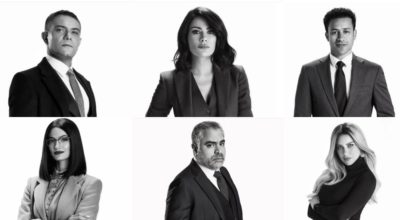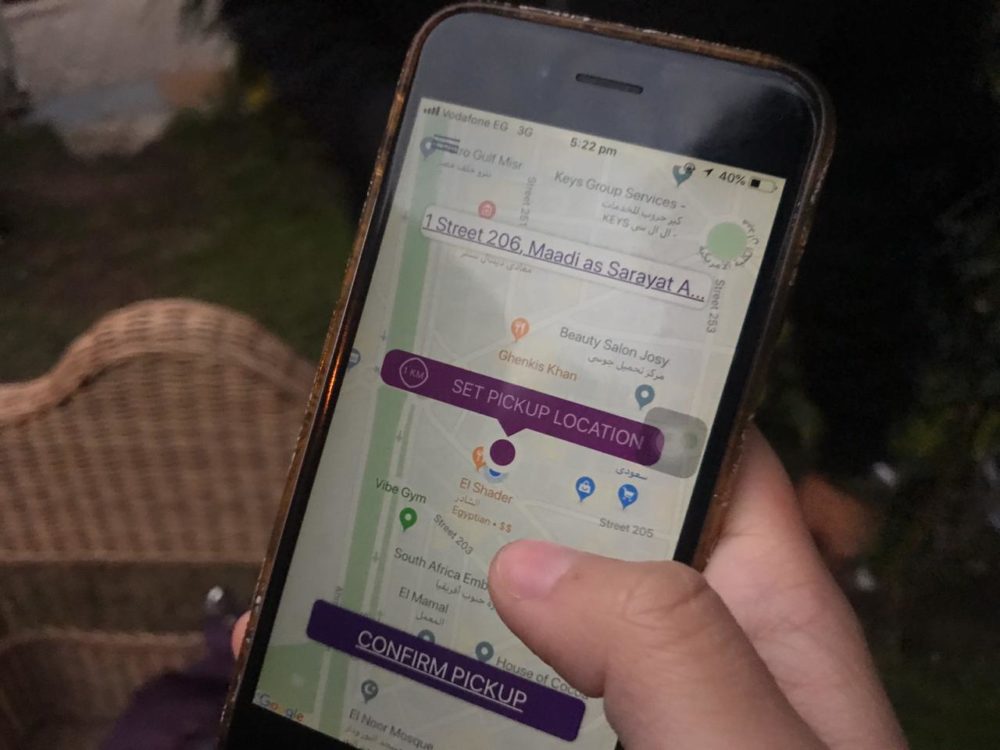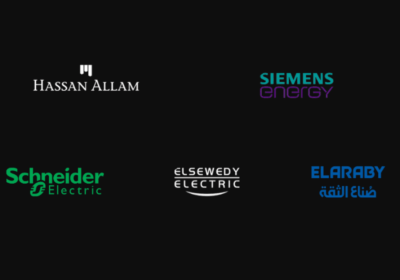“Make sure you’re home before 11,” is a conversation many young girls often have with their parents every time they want to go out. Being a 20-year-old female and walking down the street, especially at night, isn’t always a cup of tea. The transportation system doesn’t really help the situation either, but Fyonka beg to differ.
Transportation in Cairo is bad enough and if you’re a woman who regularly commutes from work to home, or anywhere really, you’ve probably been a victim of harassment at some point. This need not be physical, but verbal or perhaps you’ve noticed a lot of stares. To get to the point, anything that makes you uncomfortable counts as harassment.
How Can Fyonka Make This Better?
Fyonka, Egypt’s first all-female ride hailing app, changes the game when it comes to safe transportation for women. It goes both ways as only female riders are allowed to.
“Fyonka isn’t just transportation. It is a women’s brand and we are just choosing to start with transportation… We want to expand into transportation for schools, ride hailing, ride sharing, scooters, etc… There are a lot of things we want to do in the next five years, which will differentiate Fyonka from a ride hailing company to a women’s brand,” said Omar Shaaban, Fyonka’s Chief Operating Officer (COO).
Shaaban explained how Fyonka wants to ensure that women are not stopped from doing their day to day activities, such as going to work.
“I want to try and offer a safer environment. It won’t necessarily change men but it makes women safer,” he said.
According to Harassmap, sexual harassment is any form of unwanted words and/or actions of a sexual nature that can make a person feel uncomfortable. As per multiple media outlets, the UN reported that harassment against women in Egypt has exceeded 90%.
“The way a guy can look at a girl can be an issue too because it might make her uncomfortable,” said Shaaban.
But here’s the thing: as a female, walking in the street is one thing and getting into a car with a complete stranger is another. Hence, the beauty of Fyonka for women is having a female driver. It’s a win-win situation where having female drivers in the first place is a step towards breaking barriers and defying a social norm in Egypt. Because many industries are male-dominant, a significant portion of Fyonka’s message is that there is no such thing as a barrier in any job for women.
Generally, most drivers in UBER, Careem or white taxis are men. This is not to say that they don’t hire women, because they do. However, women are often uncomfortable with the idea of having male passengers. Another issue is that there is often a male figure (brother, father or husband) opposed to the idea of her becoming a driver in the first place.
Of course just because the drivers are women, this does not automatically rule out danger. Hence, Fyonka puts quality and safety first with a screening process that is divided into three parts. The driver is interviewed, certain paperwork is required (such as drug tests) and a personalized training is conducted.
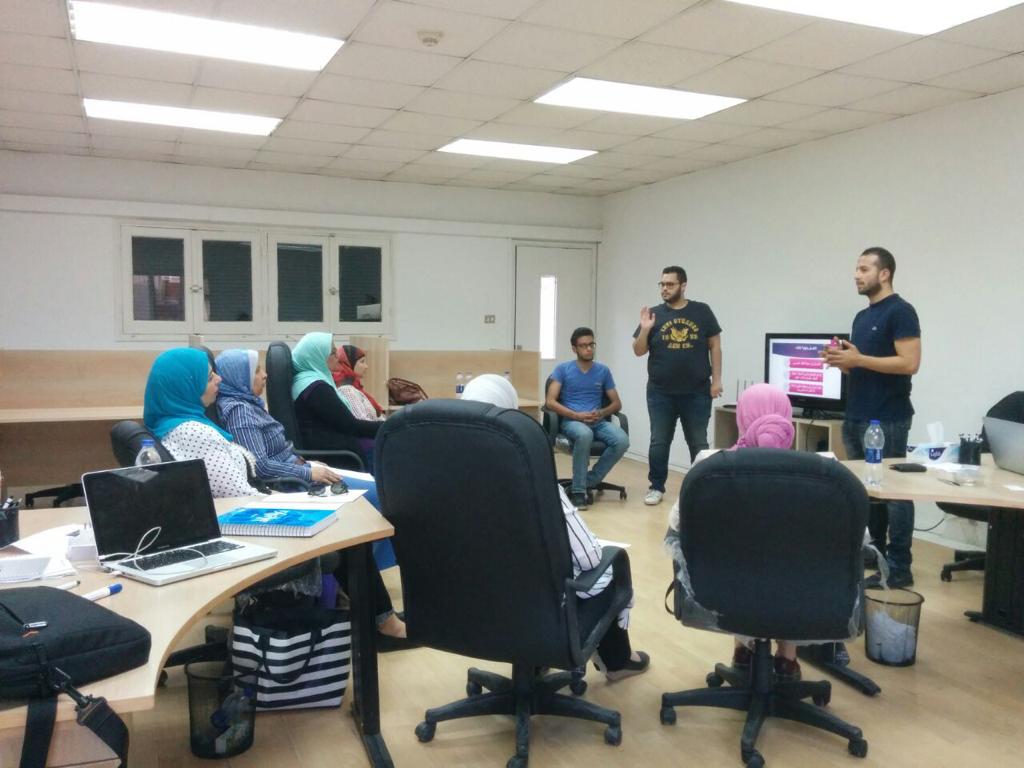
A group of female drivers in a training session organized by Fyonka
Female Drivers in Cairo
Daily News Egypt published an article in 2018 titled “First Female Taxi Driver in Egypt Overthrows Social Norms”. In the article, they interviewed a driver, Housnia Mohamed Ali, who shared that people are often shocked when they get into the cab and find a female driving. However, she thinks that there is nothing wrong for women to join what might be seen as a ‘male-dominant’ job market.
And she’s right. The only reason the transportation market is seen as ‘male-dominated’ is because society made it that way. As Shaaban expressed, “it’s a culture thing”. Generally, Egypt is a patriarchal society and for a change to happen, men also have to see that there is an issue. This is not because women can’t fight the battle alone but rather because a male’s mentality change is necessary for the equation.
Interestingly, Fyonka’s founders all happen to be men. When asked about this, Shaaban and Co-founder Abdallah Hussein laughed.
“Females do not want to be constrained. She wants to work the job she wants to do. She wants to go out without constraints. We see that change has to come from men too,” said Hussein.
A huge part of empowering women and making sure they are exposed to jobs that might otherwise not be within their reach, is via education. Lack of education is a problem faced by the Egyptian community. However, there are entities and community service organizations that can often help women living in the slums start small-scale projects. Moreover, organization’s such as Entreprenelle support local women via education and training.
Since we’re on the topic of driving, Egypt also has Direxiona, a female instructor’s driving school. So yes, women can drive and they can teach others how to drive too.
The concept that women belong in the kitchen or that their life goal should be marriage is unacceptable. If a woman takes her career as seriously as her male counterpart, nothing should be an obstacle for her.

